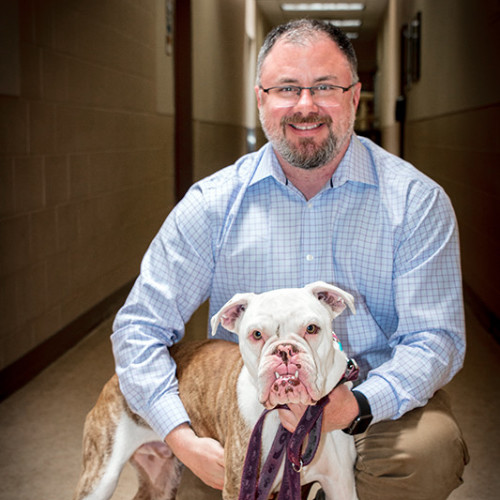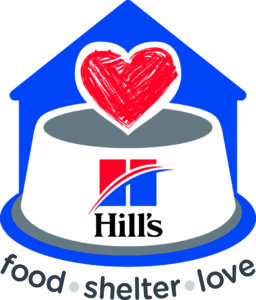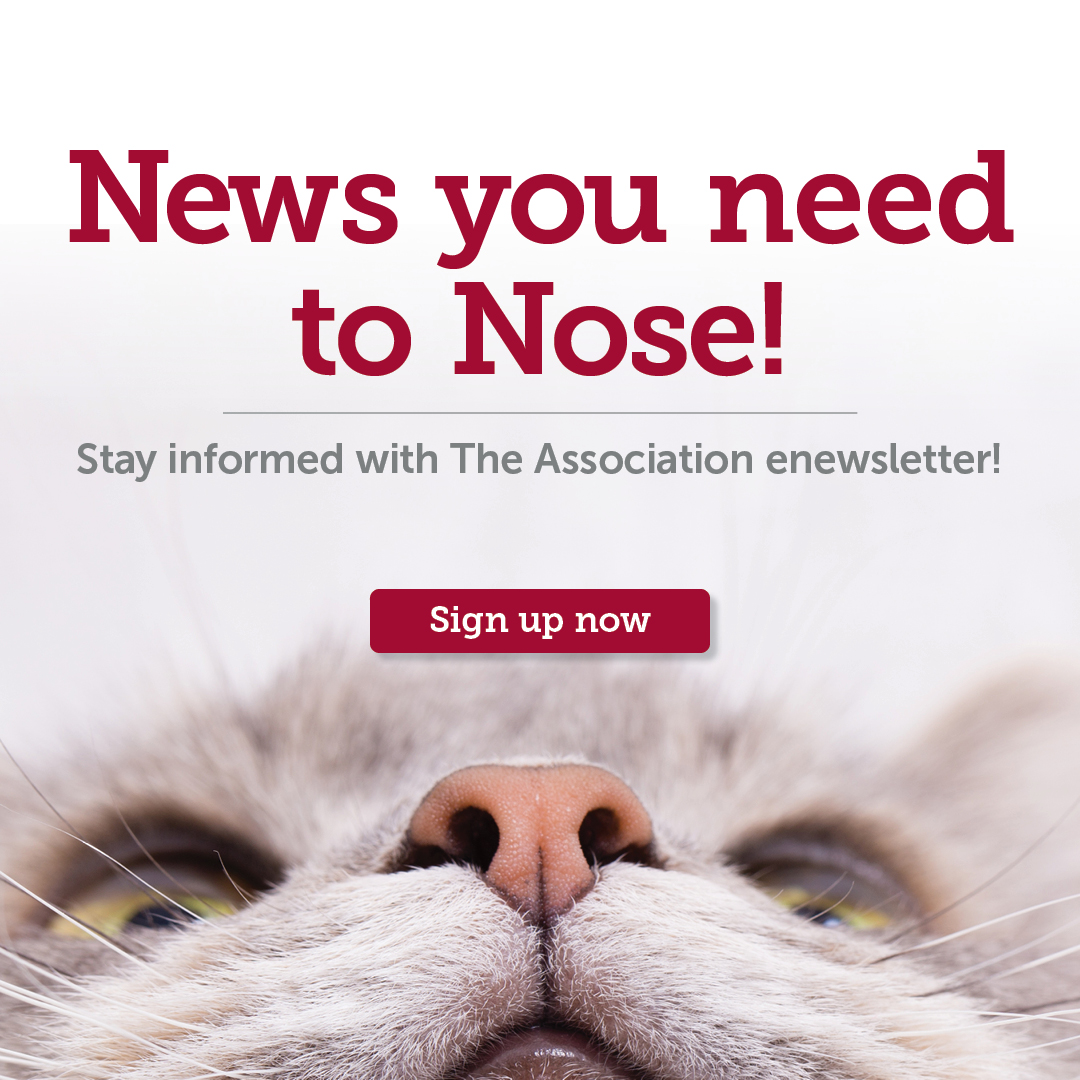News, ideas & inspiration from industry leaders

Meet a CAWA: Beau Archer
CAWA: Those four little letters mean a lot. When you see CAWA after someone’s name, it means they have distinguished their skills in an already demanding field and are committed to high standards and ethical practice in animal welfare—and that they’ve studied for and passed a very comprehensive exam. Yes, they’re superstars—and this new column aims to celebrate them AND share practical info and real-world experiences for those interested in joining this group of professionals. In the spotlight this month: meet Beau Archer, CAWA, Capital Projects Administrator at Humane Rescue Alliance.
The Association: How long have you been a CAWA?
Beau Archer: I received my CAWA certification in 2016.
The Association: How do you explain the concept of CAWA to folks who aren’t yet familiar with it?
Beau Archer: The certification allows folks to meet a certain standard of competence and, I believe, offers a competitive advantage, such as more job opportunities and securing a competitive salary. The materials in the exam provide a foundation for the skills and knowledge needed in animal welfare leadership roles, and the ongoing commitment to achieve 60 hours of continuing education ensures ongoing professional development.
The Association: How did you prepare for the CAWA exam?
Beau Archer: I created a schedule and timeline for reading and studying over several weeks and committed to it 100%. I am historically not a great test taker, and I knew I would need to commit to a daily practice to get through the materials in the weeks leading up to the exam. Having a clear structure helped in my confidence that I could meet my goals.
The Association: Walk us through exam day. How did you feel before, during, after?
Beau Archer: Though I knew I did my best in preparing for the exam, I was a little nervous. We took the exam in a testing center and there were about 10 or so others taking it. It was very structured and quiet, and that allowed me to focus on the task at hand. I took my time, yet was mindful about the time allotted. I felt pretty good afterward, though I had some lingering worries about a couple questions I wasn’t sure I answered correctly. At that time, we had to wait a few weeks to get the results, so I was pretty thrilled when I got the email that I passed the exam.
The Association: Who is a current CAWA you look up to, and why?
Beau Archer: Betsy McFarland. Betsy is a superstar whom I had the privilege of working with many years ago. She is a great example of an animal welfare leader who has prioritized education in her career and brings her knowledge and skills forward in all her work.
The Association: How has becoming a CAWA impacted your career?
Beau Archer: One of my favorite aspects of having my CAWA is that I get to interact with other CAWAs and also folks who may be interested in learning more about the certification program. It is quite affirming to demonstrate my commitment to our profession by having the certification and being active in various committees with The Association.
The Association: Please share one piece of practical advice for those considering becoming a CAWA.
Beau Archer: Don’t hesitate to take the exam! I have known quite a few folks over the years who have wanted to take the exam to become a certified animal welfare administer and have hesitated due to the study time commitment. There are a lot of resources, including study groups, to help you through the process, and there is no better time than now to give yourself permission to do something toward your professional development.
The Association: Excellent! Just one more question. You are the driving force behind the monthly LGBTQIA+ Safe Space. Can you share a little about how and why you got the idea, and what is your greatest hope for this monthly meeting?
Beau Archer: I am a member of The Association’s Diversity, Equity and Inclusion leadership committee and creating various safe space opportunities became a part of our discussions over the past year and a half, and eventually became a goal. At The Spring Conference, there were several “Unmuted” sessions hosted by a few folks from the DEI committee. This gave us some good experience and highlighted that many folks wanted a different kind of experience than the open, unmuted sessions.
We decided to create the LGBTQIA+ group for both social support and advocacy. The monthly meeting provides a place of safety and sense of community for those in the LGBTQIA+ community, to connect and share our unique experiences, and ultimately, identify needs and challenges for LGBTQIA+ professionals in animal welfare and determine action-oriented solutions. This LGBTQIA+ safe space is a pilot group, and we’re looking forward to other safe space groups in the future.
.



I would REALLY love to see a structured online course with specific curriculum content that can add a great deal of structure to this learning journey and exam preparation. Investing so much time and money to secure the reading list items and absorb large swaths of information from the proposed reading list to take the exam is significant and ensuring that folks with learning challenges and disabilities can successfully navigate the process too with clarity and specificity would be a huge help! Fitting this into our daily lives while juggling our jobs is challenging, and for people who struggle with exams or gaps in knowledge, I think an actual online course would go a long way to making CAWA accessible and attainable to so many more people, which would be a great step forward for our profession as a whole!
I LOVE the LGBTQIA+ Safe Space groups. Being a CAWA is about being the best leader you can be for the industry, and this is just the latest example of your exemplary leadership. Thank you, Beau.